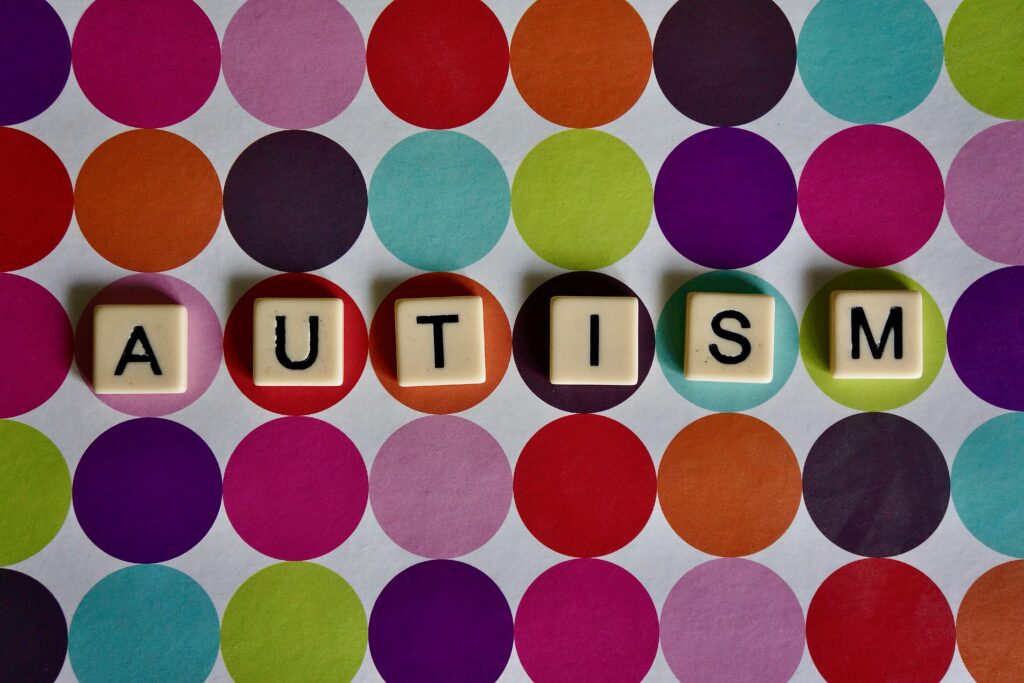Autism Spectrum Disorder (ASD) is a complex neurodevelopmental disorder that affects communication, social interaction, and behavior. The exact causes of autism are not yet known, but research suggests that it may be caused by a combination of genetic and environmental factors.
Genetics
Genetics play a significant role in the development of autism. Studies have shown that individuals with autism are more likely to have certain genetic variations, such as mutations in specific genes.
For example, mutations in the SHANK3 gene have been associated with an increased risk of autism. Additionally, siblings of individuals with autism are more likely to also have the disorder, suggesting a strong genetic component.

Enviroment
Environmental factors may also contribute to the development of autism. Studies have shown that exposure to certain toxins, such as pesticides, during pregnancy may increase the risk of autism in children.
Additionally, research suggests that complications during pregnancy, such as infection, bleeding, or premature birth, may also be associated with an increased risk of autism.
Another research suggests that the imbalance in brain chemistry and the brain structure could be a cause of autism.
Some studies have found that children with autism have abnormal levels of certain neurotransmitters, such as serotonin, which may affect communication and social interaction.
Additionally, brain imaging studies have shown that individuals with autism have structural differences in certain regions of the brain, such as the cerebellum and the amygdala, which are involved in social processing and emotion regulation.
Summary
In conclusion, the cause of autism is complex and likely involves a combination of genetic and environmental factors. Further research is needed to better understand the underlying mechanisms of autism and develop effective treatments.
For more articles on autism feel free to browse our website. Alternatively you can visit the UK’s National Autistic Society’s page here.

